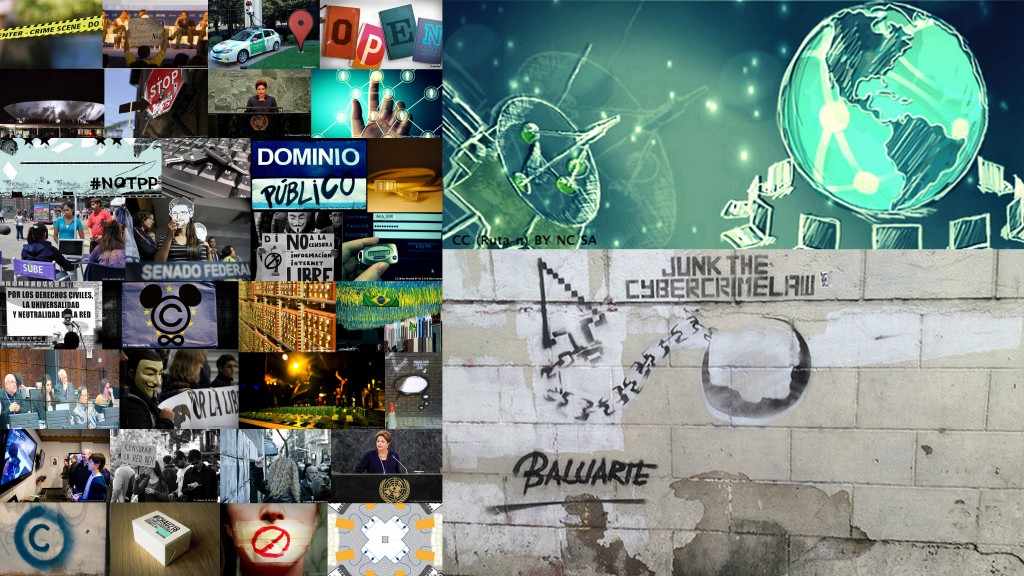[2013 Assessment] Cybercrime in Brazil
by Digital Rights LAC on January 28, 2014
In Digital Rights LAC, we asked to different specialists in the region about their personal appraisal in digital rights issues. This is the case of Omar Kaminski from Brazil, to whom we asked which were the main highlights of 2013 with respect to Cybercrimes and what are the biggest concerns for 2014. Here is his answer.
Two of the first specific laws about computer criminal offenses came into force in 2013 in Brazil – Law 12,735 and Law 12,737 –, though it should be noted that there were already other sparse provisions applicable to this new reality, including a 1996 law that deals with telematics interception and another law from the year 2000 aimed at cases concerning the Public Administration.
The first law, called as Azeredo Bill, had been discussed for over 10 years and eventually passed with only 2 items of lesser importance, having been challenged as harmful to privacy. And the other one was labeled with the name of a soap opera actress who has had intimate pictures supposedly “leaked” from her mobile. The advance is still small, since the penalties for the crimes are less than the desirable to discourage practices such as hacking systems and disseminating malicious code (viruses), for example.
Just as happened with the actress, the year of 2013 saw several episodes of “sexting” and “revenge porn”, even involving minors, and at least two of these cases have resulted in suicides. Crimes against honor and “phishing scams” still widely performed. Child pornography, another pest, is migrating to the so-called “deep web”.
We live in an era of the evasion of privacy, a dystopia that intensifies progressively along with the fact that our governors also practice crimes against each other, veiled or blatantly. Nations are increasingly concerned about cyber spying, security and the possibility of cyber warfare. And the problem arises when they use the pretext of fighting terrorism to violate individual and collective freedoms.






